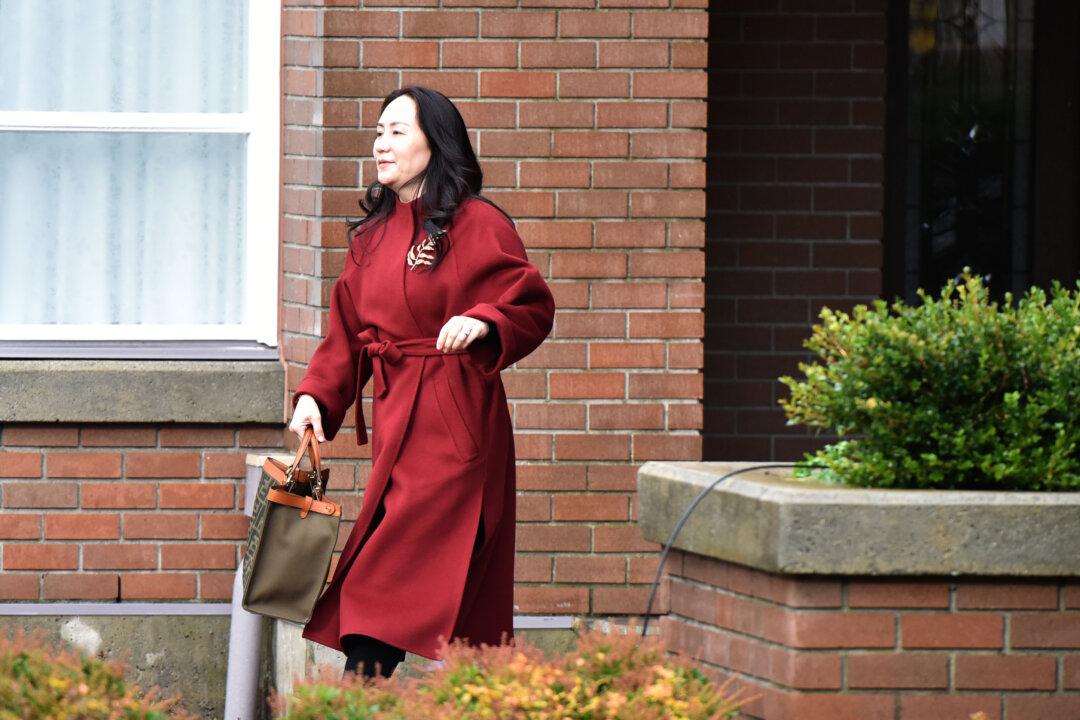Canadian government lawyers are concerned about “witness safety” for a retired RCMP officer living in Chinese territory who has refused to testify in Huawei executive Meng Wanzhou’s case.
Defence lawyer Richard Peck revealed earlier this week that Ben Chang, a retired RCMP officer, had informed Meng’s lawyers and the Crown that he will not give testimony in the B.C. Supreme Court, reported CBC News.





